Here is a small list of the most challenging books which gave me hard time to reach last page of the book. No matter how hard your heart wants to read these challenging books till the end but at certain point your mind will take over the will of your heart and convince it to drop the book once and for all. These challenging books will test your patience and control over your mind. Give yourself a round of applause if you’ve also made it through any of these books. And if you get it what was written or what you’ve read then you deserve a standing ovation.
One Hundred Years of Solitude by Gabriel García Márquez (1967)
Why is it included in the most challenging books list: Few family sagas stretch as wide as that of the Buendía clan – there are seven generations depicted here. As if that’s not confusing enough, names are frequently repeated (basically ever character is named Aureliano). And oh yeah, try reading it in Spanish.

Excerpt: “He sank into the rocking chair, the same one in which Rebecca had sat during the early days of the house to give embroidery lessons, and in which Amaranta had played Chinese checkers with Colonel Gerineldo Marquez, and in which Amarana Ursula had sewn the tiny clothing for the child, and in that flash of lucidity he became aware that he was unable to bear in his soul the crushing weight of so much past.”
Moby-Dick by Herman Melville (1851)
Why is it included in the most challenging books list: The stuff about the white whale is fine, but there are several chapters — seriously so many — dedicated to whales and whaling. In high school, your teacher might let you skip them, but you’re not really reading Moby-Dick until you know how spermaceti is gathered.
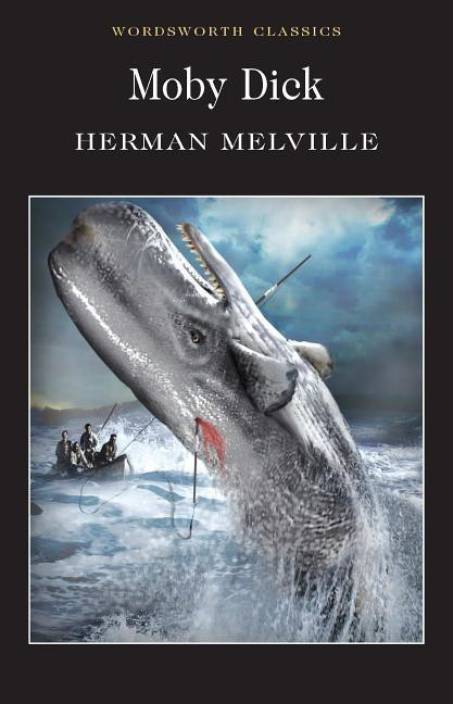
Excerpt: “This whale, among the English of old vaguely known as the Trumpa whale, and the Physeter whale, and the Anvil Headed whale, is the present Cachalot of the French, and the Pottsfich of the Germans, and the Macrocephalus of the Long Words. He is, without doubt, the largest inhabitant of the globe; the most formidable of all whales to encounter; the most majestic in aspect; and lastly, by far the most valuable in commerce; he being the only creature from which that valuable substance, spermaceti, is obtained.”
Cloud Atlas by David Mitchell (2004)
Why is it included in the most challenging books list: In many ways, Mitchell’s novel is easier than the others on the list – it’s engaging and very readable. At the same time, it moves from the nineteenth century to a post-apocalyptic future, with a series of interconnected stories that end abruptly, then are finished in reverse chronological order.

Excerpt: “Belief, like fear or love, is a force to be understood as we understand the theory of relativity and principles of uncertainty. Phenomena that determine the course of our lives. Yesterday, my life was headed in one direction. Today, it is headed in another. Yesterday, I believe I would never have done what I did today. These forces that often remake time and space, that can shape and alter who we imagine ourselves to be, begin long before we are born and continue after we perish.”
The Silmarillion by J. R. R. Tolkien (1977)
Why is it included in the most challenging books list: Did you read The Lord of the Rings and think, “This needs way more back story?” No, because you’re a sane person. But just in case, The Silmarillion offers a complete mythological history of Tolkien’s universe, and lo, it is dense.
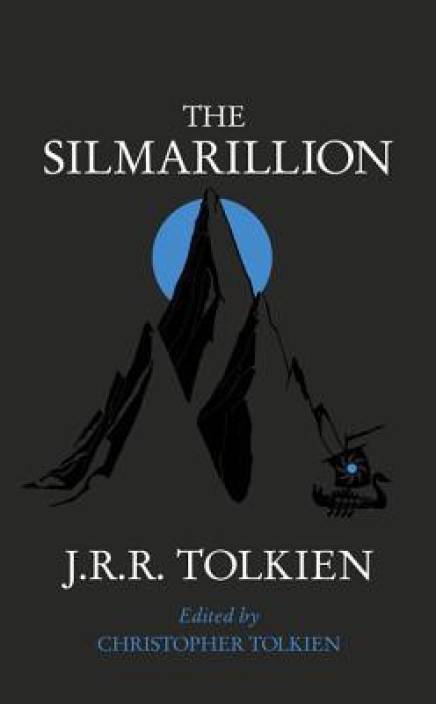
Excerpt: “With Manwë dwells Varda, Lady of the Stars, who knows all the regions of Eä. Too great is her beauty to be declared in the words of Men or of Elves; for the light of Ilúvatar lives still in her face. In light is her power and her joy.
Out of the deeps of Eä she came to the aid of Manwë; for Melkor she knew from before the making of the Music and rejected him, and he hated her, and feared her more than all others whom Eru made.”
Atlas Shrugged by Ayn Rand (1957)
Why is it included in the most challenging books list: It’s largely an allegory for Objectivism, so if you don’t subscribe to Ayn Rand’s philosophy, making it through the lengthy novel is an unbearable chore. Don’t forget the 70-page speech that ends up being a significant chunk of the book.
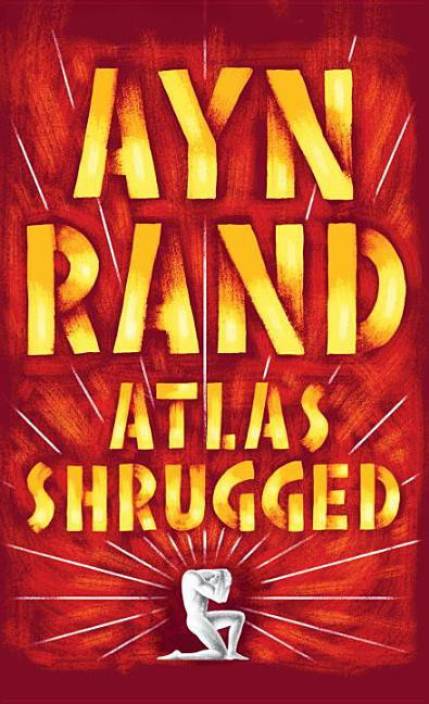
Excerpt: “The man who refuses to judge, who neither agrees nor disagrees, who declares that there are no absolutes and believes that he escapes responsibility, is the man responsible for all the blood that is now spilled in the world. Reality is an absolute, existence is an absolute, a speck of dust is an absolute and so is a human life. Whether you live or die is an absolute; you have a piece of bread or not, is an absolute. Whether you eat your bread or see it vanish into a looters’ stomach, is an absolute.”
The Name of the Rose by Umberto Eco (1980)
Why is it included in the most challenging books list: This is a novel of semiotics, the study of signs. Semiotics students use it to explain what they do — and I still have no idea what that is exactly. In some ways, The Name of the Rose is a straightforward mystery, but with complicated postmodernist elements.

Excerpt: “Until then I had thought each book spoke of the things, human or divine, that lie outside books. Now I realized that not infrequently books speak of books: it is as if they spoke among themselves. In the light of this reflection, the library seemed all the more disturbing to me.”
Ulysses by James Joyce (1922)
Why is it included in the most challenging books list: The so-called greatest novel of all time might not be as impenetrable as Joyce’s Finnegans Wake, but it’s no easy task either. Inspired by The Odyssey, it contains a staggering 30,030 different words, and endless puns, allusions, and stylistic curiosities.
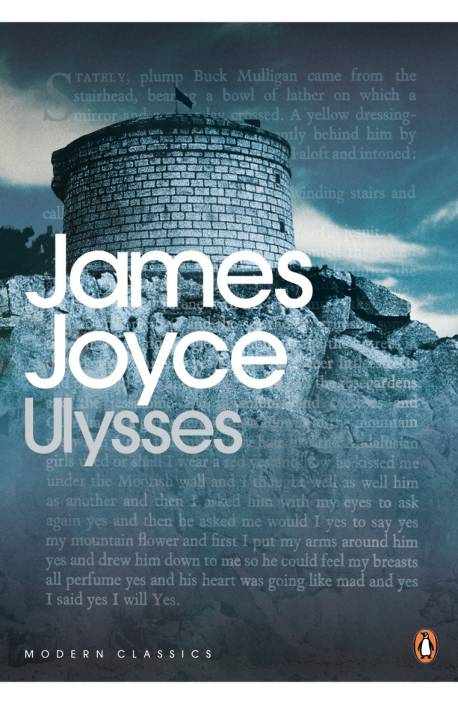
Excerpt: “Yes when I put the rose in my hair like the Andalusian girls used or shall I wear a red yes and how he kissed me under the Moorish wall and I thought well as well him as another and then I asked him with my eyes to ask again yes and then he asked me would I yes to say yes my mountain flower and first I put my arms around him yes and drew him down to me so he could feel my breasts all perfume yes and his heart was going like mad and yes I said yes I will yes.”
To the Lighthouse by Virginia Woolf (1927)
Why is it included in the most challenging books list: Plot? What plot? I mean, it’s there, but this is a novel about philosophical introspection, with a plot that kind of happens in the background and is very hard to follow. There is minimal dialogue and action, because the whole thing is so internal.
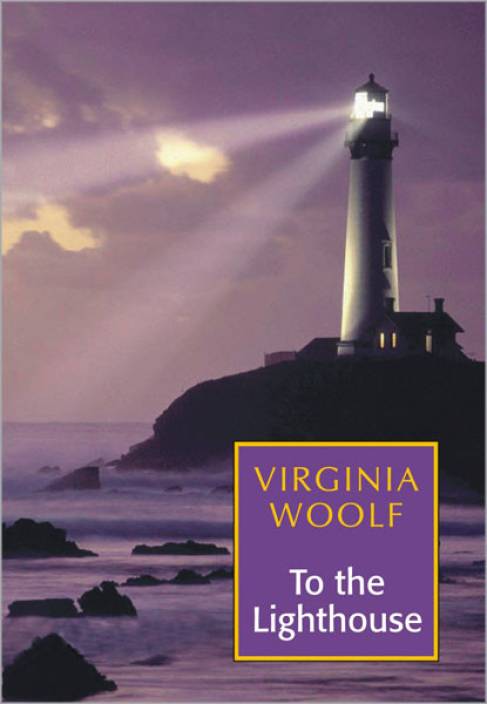
Excerpt: “She had known happiness, exquisite happiness, intense happiness, and it silvered the rough waves a little more brightly, as daylight faded, and the blue went out of the sea and it rolled in waves of pure lemon which curved and swelled and broke upon the beach and the ecstasy burst in her eyes and waves of pure delight raced over the floor of her mind and she felt, It is enough! It is enough!”
Underworld by Don DeLillo
Why is it included in the most challenging books list: Not only is Underworld non-linear — it spans from the 1950s through the 1990s, referencing contemporary historical events through disparate characters and intertwined themes. Even some of the most highbrow critics agree that it’s too long.
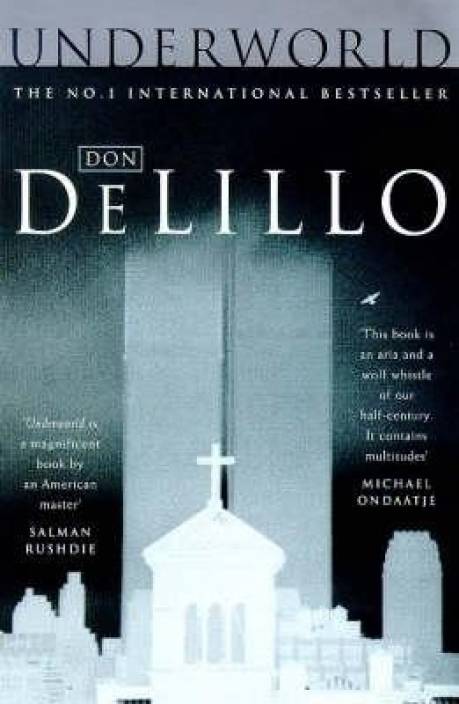
Excerpt: “He drove into the spewing smoke of acres of burning truck tires and the planes descended and the transit cranes stood in rows at the marine terminal and he saw billboards for Hertz and Avis and Chevy Blazer, for Marlboro, Continental and Goodyear, and he realized that all the things around him, the planes taking off and landing, the streaking cars, the tires on the cars, the cigarettes that the drivers of the cars were dousing in their ashtrays–all these were on the billboards around him, systematically linked in some self-referring relationship that had a kind of neurotic tightness, an inescapability, as if the billboards were generating reality.”
Nightwood by Djuna Barnes (1936)
Why is it included in the most challenging books list: As T.S. Eliot puts it in the introduction, “Only sensibilities trained on poetry can wholly appreciate it.” By which he means, this modernist novel is dense as hell. It’s important for its frank depictions of homosexuality, but that doesn’t make it any less of an ordeal.
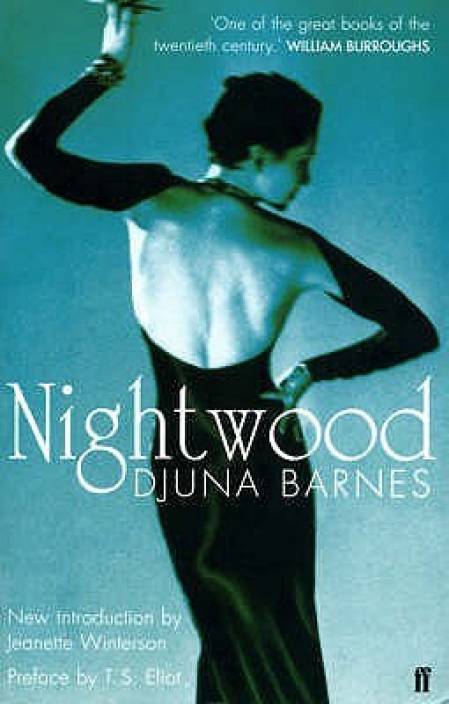
Excerpt: “We are but skin about a wind, with muscles clenched against mortality. We sleep in a long reproachful dust against ourselves. We are full to the gorge with our own names for misery. Life, the pastures in which the night feeds and prunes the cud that nourishes us to despair. Life, the permission to know death. We were created that the earth might be made sensible of her inhuman taste; and love that the body might be so dear that even the earth should roar with it.”
The Castle by Franz Kafka (1926)
Why is it included in the most challenging books list: Kafka never finished it, which doesn’t help. That aside, it’s complicated — the protagonist is known only as “K.” and the entire novel is a surrealistic take on alienation and bureaucracy. You’d have a much easier time with Kafka’s short stories. Nevertheless, those, seeking assistance in understanding Kafka’s works, can find a number of writing services available on review websites such as Academichelp.
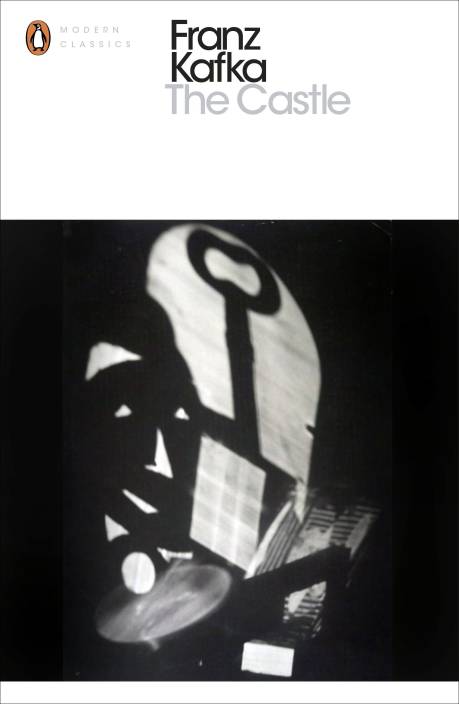
Excerpt: “He speaks to Klamm, but is it Klamm? Isn’t it rather someone who merely resembles Klamm? Perhaps at the very most a secretary who is a little like Klamm and goes to great lengths to be even more like him and tries to seem important by affecting Klamm’s drowsy, dreamlike manner.”
Blood Meridian by Cormac McCarthy (1985)
Why is it included in the most challenging books list: You know you’re in for something difficult when the prose is described as both “sparse” and “expansive.” McCarthy doesn’t use quotation marks or apostrophes, and he refuses to grant any interviews about the novel. Figure it out yourself, basically.
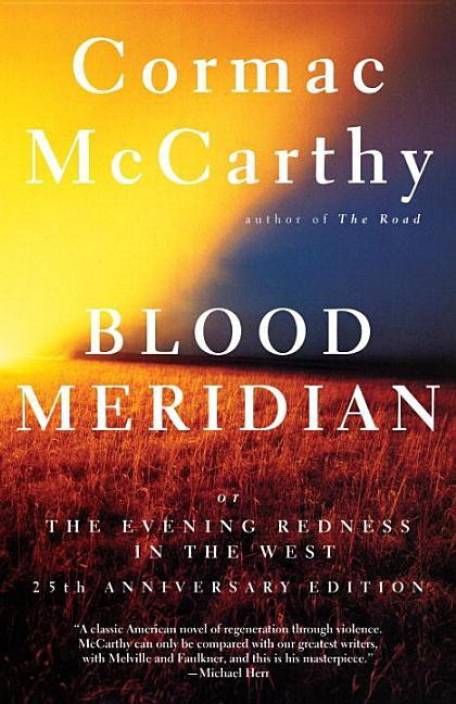
Excerpt: “The truth about the world, he said, is that anything is possible. Had you not seen it all from birth and thereby bled it of its strangeness it would appear to you for what it is, a hat trick in a medicine show, a fevered dream, a trance be populate with chimeras having neither analogue nor precedent, an itinerant carnival, a migratory tents how whose ultimate destination after many a pitch in many a mudded field is unspeakable and calamitous beyond reckoning. “
Infinite Jest by David Foster Wallace (1996)
Why is it included in the most challenging books list: It’s nearly 1100 pages. That aside, the novel is incredibly complex, with 388 end notes — some of which also have footnotes. It’s not impossible to get through, but it is a serious undertaking. And of course, there’s the added pressure that this is one of those books you just have to read.
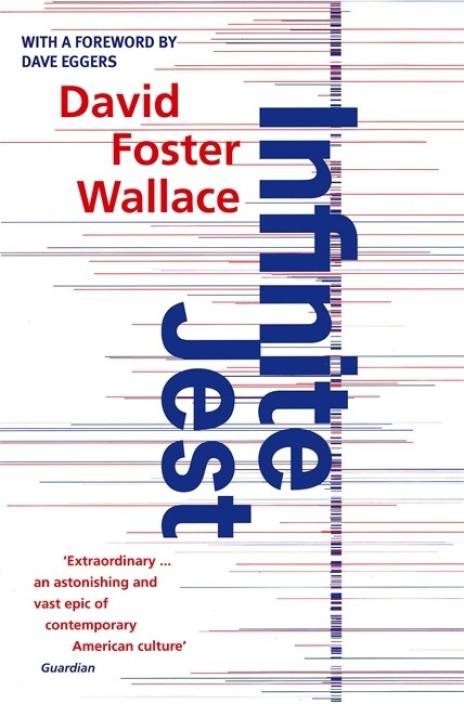
Excerpt: “That sometimes human beings have to just sit in one place and, like, hurt. That you will become way less concerned with what other people think of you when you realize how seldom they do. That there is such a thing as raw, unalloyed, agendaless kindness. That it is possible to fall asleep during an anxiety attack. That concentrating on anything is very hard work.”
Being and Time by Martin Heidegger (1927)
Why is it included in the most challenging books list: If you are looking for a straightforward explanation of existentialism, hermeneutics, and deconstruction, this is not the book for you. Reading it in a college course is bad enough — trying to understand it on your own is nearly impossible. Why must philosophy be so dense?
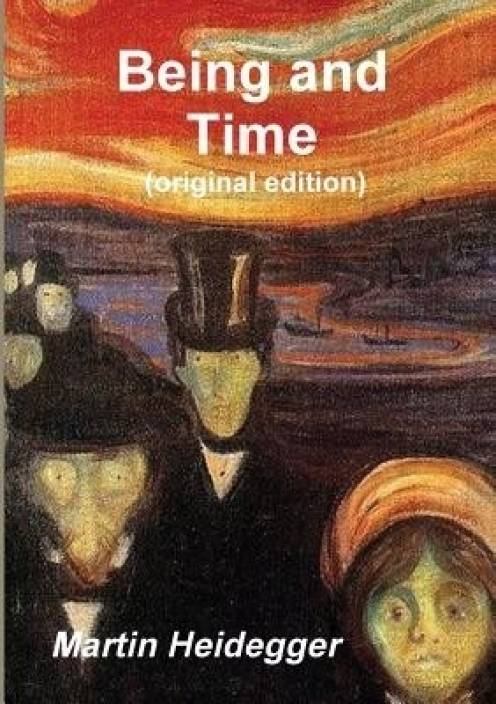
Excerpt: “But ‘nowhere’ does not mean nothing; rather, region in general lies therein, and disclosedness of the world in general for essentially spatial being-in. Therefore, what is threatening cannot come closer from a definite direction within nearness, it is already ‘there’ — and yet nowhere. It is so near that it is oppressive and takes one’s breath — and yet it is nowhere.”
Finnegan’s Wake by James Joyce (1939)
James Joyce’s “Finnegans Wake” is widely recognized as one of the most difficult books ever written, boasting dense language featuring puns, wordplay, and obscure references that create an unforgettable and often bewildering reading experience. “Finnegans Wake” is well-known for its circular narrative structure, making it difficult for readers to follow its plot. Even experienced readers may struggle with Joyce’s stream-of-consciousness writing style and experimental language choices; nonetheless, “Finnegans Wake” remains a classic work of modernist literature whose difficulty makes for an engaging reading experience for those willing to tackle its difficulty.
Gravity’s Rainbow by Thomas Pynchon (1973)
Thomas Pynchon’s “Gravity’s Rainbow” has long been noted as an extremely difficult book to read and finish due to its intricate narrative structure, dense prose style, and multitude of references to historical events that may or may not even occur anymore. This novel follows various characters during World War II and explores topics like paranoia, power, and technology. However, “Gravity’s Rainbow” can be difficult to follow at times due to its nonlinear plot and frequent use of stream-of-consciousness; Pynchon’s often-cryptic writing style may leave readers disoriented or lost; nevertheless, it remains highly esteemed literature, and those who manage its complex narrative will be rewarded with an unforgettable and thought-provoking reading experience.
Have you suffered through a challenging book that didn’t make the list? Add yours in the comments below and tell us why did you find it hard to finish.




